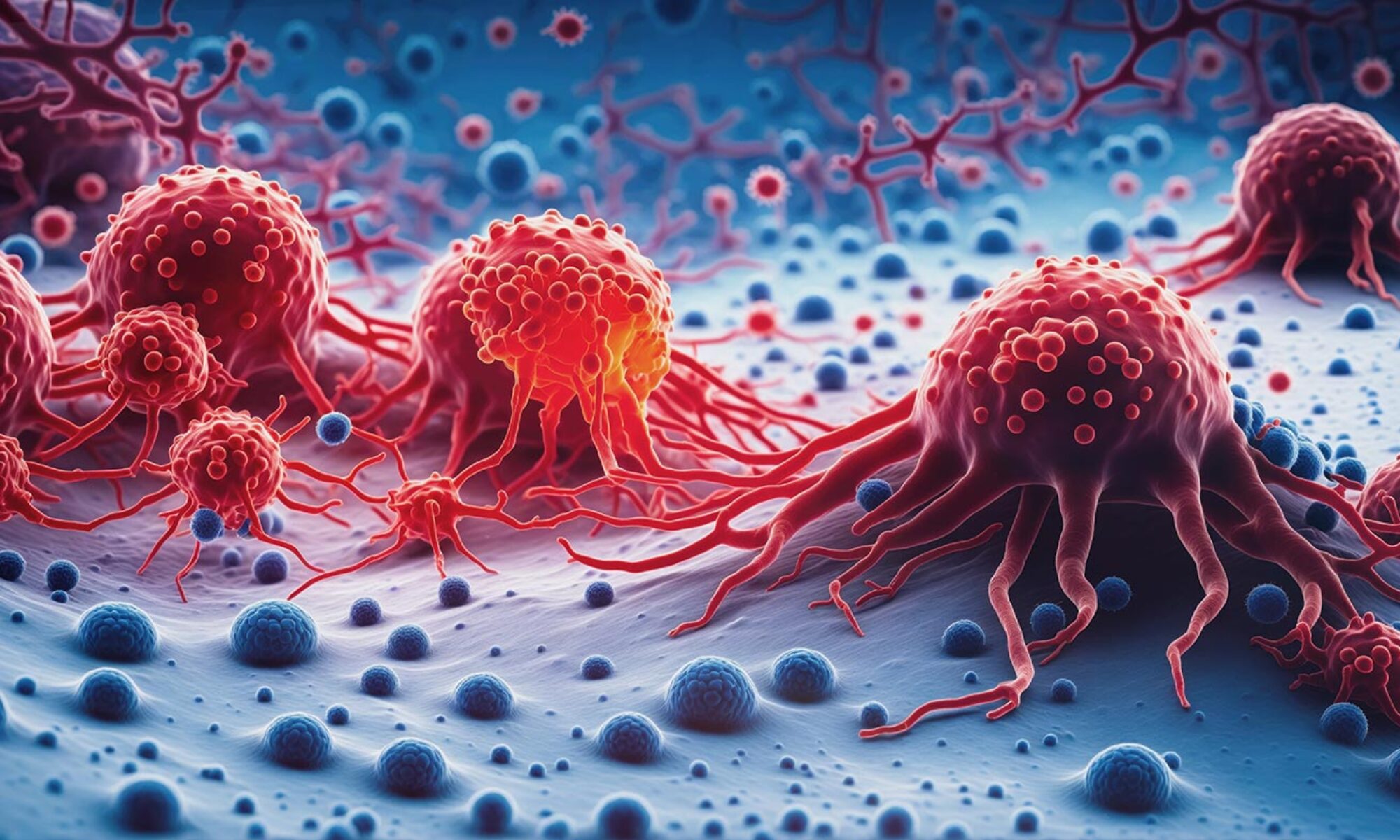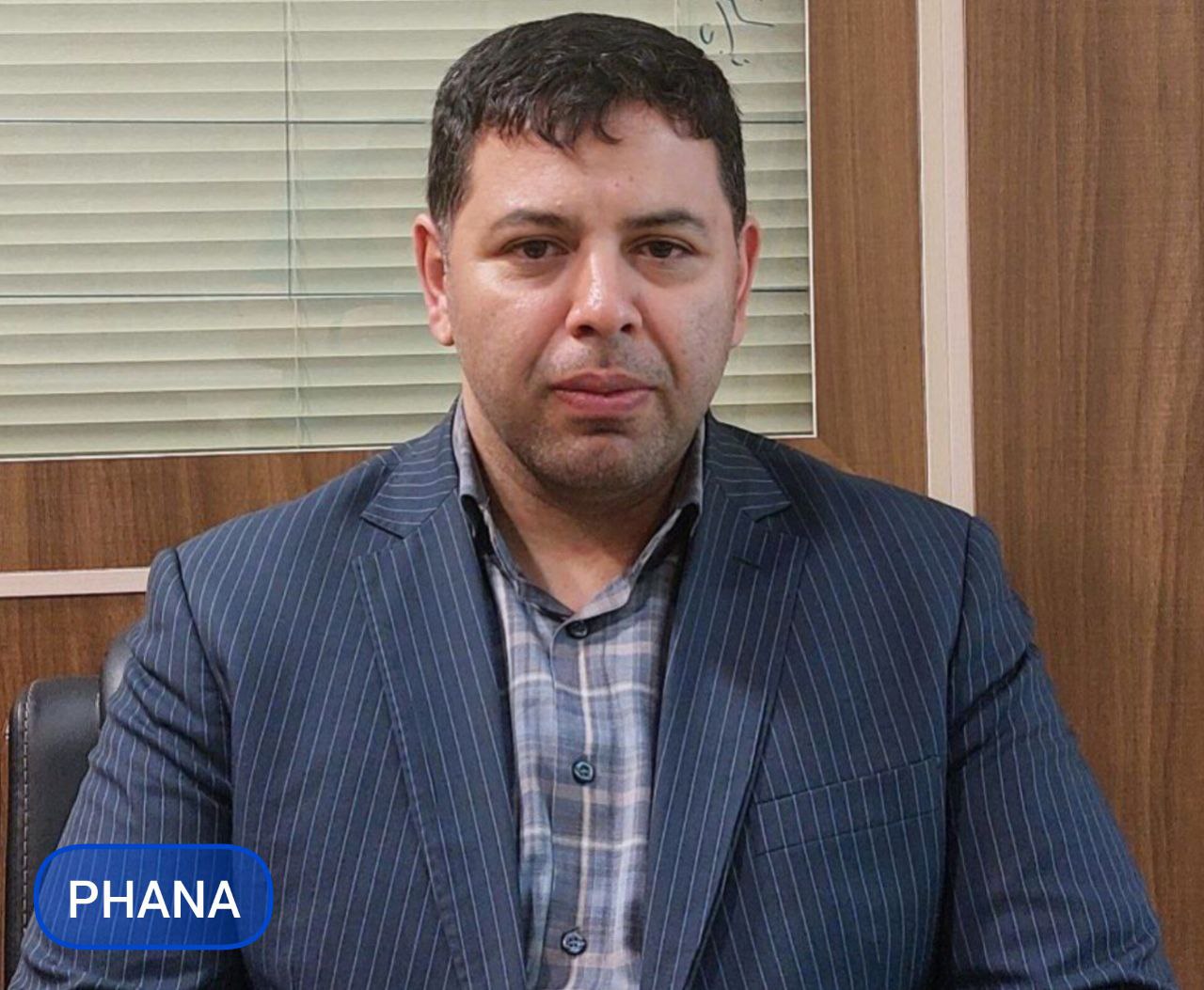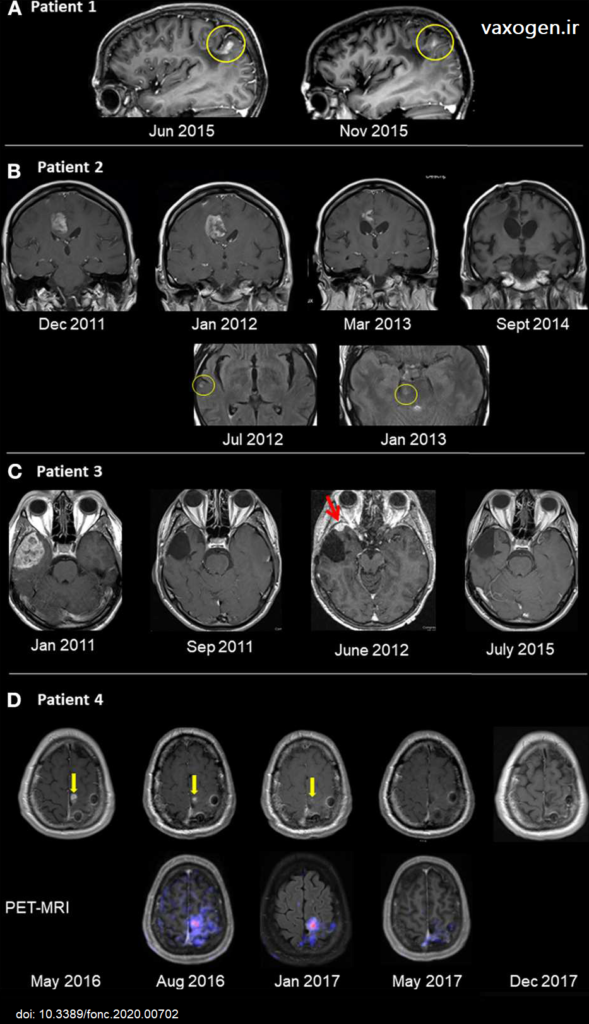The purpose of this study is to see if LOAd703 (an oncolytic adenovirus) can be safely given to patients with pancreatic cancer. The study will also evaluate whether or not intratumoral injection of LOAd703 will support current standard of care treatment to reduce the size of the tumor and improve survival of the patients.
Adenoviruses are known as the “common cold” virus and most individuals have had multiple infections during their lifetime. Oncolytic adenoviruses are adenoviruses that are modified so they cannot multiply and spread (known as replicating) properly in normal (e.g. healthy) cells, but instead, they infect and replicate very well in cancer cells. This strong replication leads to the death of the cancer cell. Oncolytic viruses have been evaluated in multiple clinical trials for cancer treatment during the past decade and been proven safe. It is common to have a fever the first day or two after virus injection since the immune system will react to the virus infection. The immune system can also kill cancer cells but to do so it needs to be properly stimulated. Oncolytic viruses alone do not seem to be strong enough to activate clinically relevant anti-cancer responses. However, it is thought that if additional immune system stimulators are added to the oncolytic viruses they may be able to result in clinical relevant antic-cancer responses.
LOAd703 is an oncolytic adenovirus that has been modified to include additional immune system stimulators. Specifically, genes that stimulate the immune system have been added to the oncolytic adenovirus. Once the oncolytic adenovirus infects the cancer cells, the genes will be expressed, resulting in activation of the immune response so it can attack and kill cancer cells.
In this study, LOAd703 will be given by intratumoral injections. It will be given in addition to standard of care treatment with gemcitabine and nab-paclitaxel +/- the anti-PD-L1 antibody atezolizumab. Because this is an experimental therapy, there will be extra visits for disease monitoring and samples accordingly to the detailed information below. The LOAd703 is an investigational agent not approved by the FDA.



